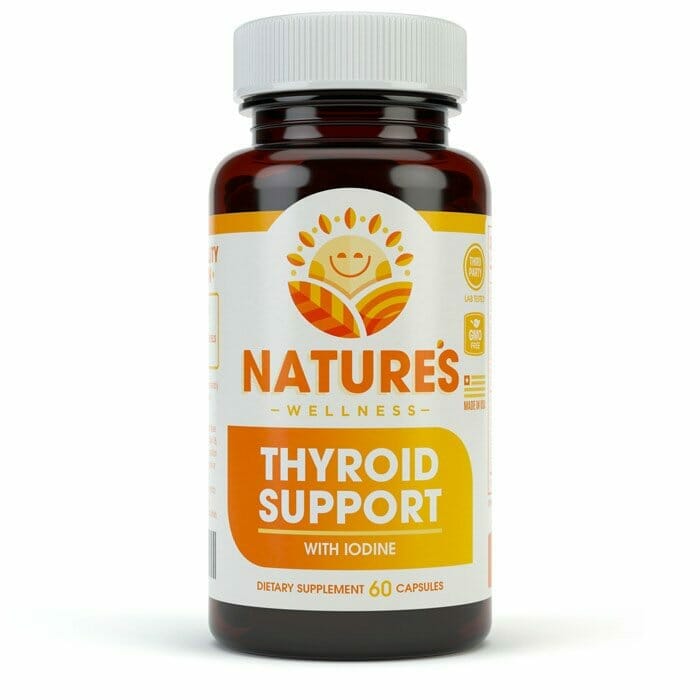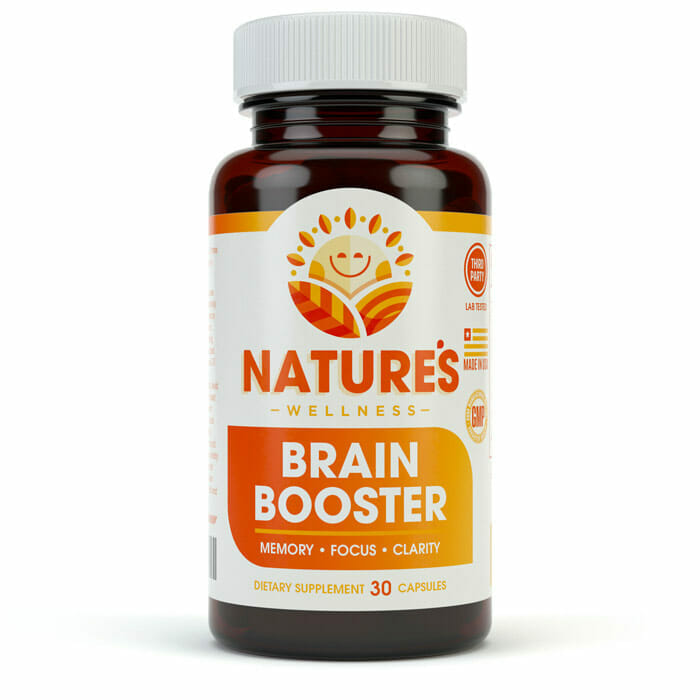The body’s immune system is incredibly complex. It is a network of cells, tissues, and organs which protects us from germs, pathogens and other undesirables. When the system is working properly it is great and protects us from disease. However when the perfect storm of events are in place, the immune system can get confused. It will misidentify normal tissue and turn on itself attacking its own body tissue, which is considered an autoimmune disease. There is upwards of 80 different types of autoimmune diseases including multiple sclerosis, type 1 diabetes, celiac disease, Hashimoto’s thyroiditis, Sjogren’s syndrome, rheumatoid arthritis, fibromyalgia, among many others. While it’s unclear the exact cause of autoimmune diseases, there is much research being done to understand the mechanisms.
Dr. Alessio Fasano is a leading researcher from Harvard University who has discovered much of what we now know about celiac disease. According to his work there are three underlying conditions that must be present for every autoimmune disease. To develop an autoimmune disease a person must have the genetic predisposition, they must have intestinal permeability (also known as leaky gut), and they must have an environmental trigger.
Genetics
Having the genes for autoimmunity doesn’t necessarily mean a disease process will occur. The difference is in how the genes express themselves. We have the ability to affect our gene expression, turning them “on” or “off” in the same way we think of a light switch. This is controlled by environmental triggers (discussed below).
There are two major genetic factors that can impact the development of autoimmune disease. The first is the expression of the HLA (human leukocyte antigen) gene. Variations, or SNPs, of this gene is found to be expressed in a variety of autoimmune diseases. In fact, this distinct gene expressions can dysregulate the immune system and surface as a predisposition for autoimmunity.
The second is how effectively your body detoxifies at the cellular level, also known as methylation. An MTHFR genetic mutation can alter the body’s ability to detoxify, requiring certain methylated forms of some nutrients – folate, vitamin B12, methionine, betaine, and choline – and in much higher levels.
Intestinal Permeability
It’s estimated that about 70% of the immune system is found in the gut, thus it makes sense that it plays a role in autoimmunity. The gastrointestinal tract is lined with a protective layer of cells, which is only one cell layer thick. These cells are networked together by something called the tight junctions. This connection determines what can be allowed into the body by way of the blood stream. When these connections are broken, unwanted particles – such as undigested food proteins or pathogens – can get into the blood stream. This is what is considered intestinal permeability, or leaky gut. These undesirable particles trigger the immune system to attack and remove them before they cause harm.
Environmental Triggers
There are a wide variety of triggers from the environment, and at least one must be present in the development of autoimmunity. These triggers include gastrointestinal infections which come from parasites like Giardia, bacteria such as H. pylori, viruses such as Epstein Barre virus, or a candida fungal infection. Toxins can also come from smoking (both primary and second-hand smoke), household chemicals, silicone from breast implants, aluminum from deodorants or cookware, pesticides found in our foods, and food sensitivities. It may be impossible to completely alleviate or determine the trigger for disease, yet autoimmunity must have a triggering factor.
The Mechanism of Autoimmunity
When this triad of genes, intestinal permeability, and triggers are in place, the immune system becomes exacerbated and self-attack can happen. There are two mechanisms that are suspected to lead to self destruction – attack by innocent bystander effect and molecular mimicry.
Attack by innocent bystander effect happens when a body tissue is innocently attacked as the body is fighting a particular antigen. Consider this to be like a wild fraternity party where the fraternity brothers get so wild and crazy they will sabbotage anything that comes in their way.
Molecular mimicry is a little different. This describes the similarities of amino acid sequences between the pathogen and the body tissue. Due to the resemblance of the amino acid sequence, the immune system attacks the body rather than attacking just the antigen.
Living with Autoimmunity
Once autoimmunity occurs, the immediate treatment is to calm the immune system. This can be done various ways often including medications, manging stress, and removing the toxic load that the body must deal with. In addition, healing the gastrointestinal tract, feeding the body the proper nutrients, and removing common foods that are known to cause immune inflammation (such as gluten) are well within your control to start feeling back to normal again. Depending on the body part that is being attacked will depend on what other treatment options are available.
All in all, autoimmune diseases are very serious and can lead to the body’s self destruction. However they are often manageable and with some work, persistence, and patience keeping the immune system “in check” is largely possible.








